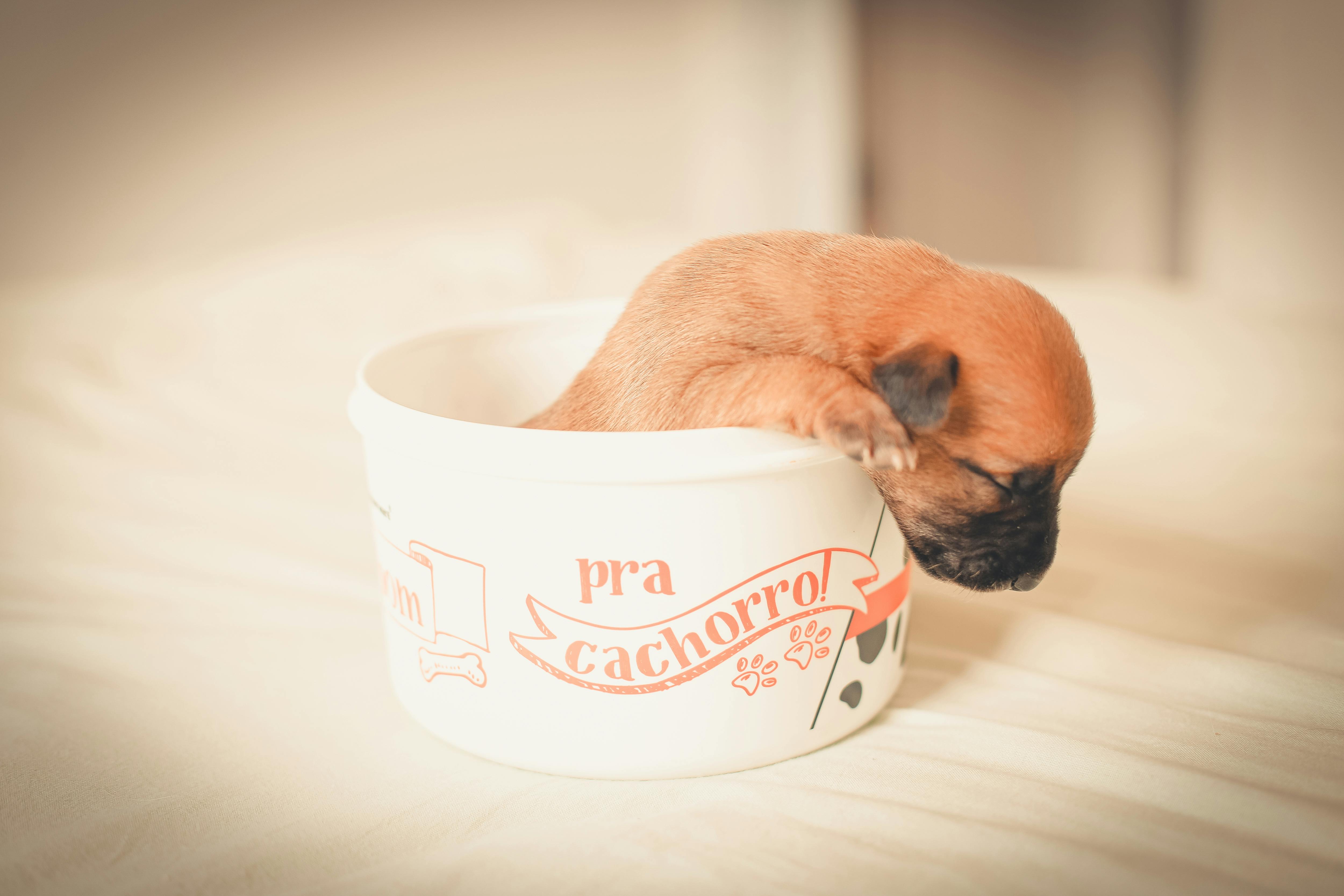
Is a Shetland Sheepdog the perfect dog for you?
Bred to herd and herd sheep on the harsh, cold and humid sub-arctic Shetland Islands, this sturdy little collie-like dog thrives on hard work and challenges.
Considered a small breed, it weighs between 11 and 30 pounds.
This is a dog that loves to be outdoors. Their thick double coat not only repels water, but also insulates them from extreme temperatures. Shelties are not the kind of dog that sits content in the house. They need action and adventures.
From the Pastoreo group, they love nothing more than herding and protecting; be it a herd or your family. A fantastic family pet, with the added bonus of being an excellent watchdog and watchdog, the Sheltie has endeared itself to those who can live affably with its prey drive, excitable vocalization and phenomenal stamina.
Considered one of the most intelligent breeds, Shelties love mental and physical challenges. They are natural showmen who consistently place high in competition, whether it be obedience, rally, flyball, frisbee, herding or conformation.
Enrolling your Sheltie puppy in positive reinforcement classes, no-punishment puppy daycare, and socialization classes is strongly recommended as soon as possible. They can be averse to strangers if they are not properly socialized when they are young. Obedience training is important primarily because of their high prey drive. Not a dog to go off leash until they learn to respond immediately to the call, they will chase anything that moves. That inherent behavior has left many unfortunate victims of dog vs. because incidents.
They love to train, so it is a pleasure to work with them. They also need more exercise than many breeds. With remarkable stamina, this energetic breed needs lots of positive and vigorous interaction time with its owner. A breed that requires strong leadership from you, they will do their best to please you when you establish and maintain your status. They may not be the best option for an inexperienced dog owner. Living with one is a serious commitment of time and energy. They are best with an active person or a family that loves the outdoors. When a Sheltie’s need for exercise is not met, they will develop serious destructive and sometimes neurotic behavioral problems.
Ask a Sheltie owner to describe their pet and you’ll hear: willing to please, intelligent, agile, tireless, sweet, loyal, good with children they meet, aloof with strangers, docile, great watchdog or watchdog, protective, tenacious, active, vocal, excitable, persistent, always busy, devoted, alert, fun and highly trainable. Socialization is vitally important. Shelties that lack socialization and coping skills can become so attached to their owner that they tend to view strangers and unfamiliar children as a threat. That can bring out his agile side.
If you have children, it is recommended to get a puppy or a younger dog. Supervision is a must as they can be quite boisterous and get carried away. Older Shelties who weren’t desensitized to children when they were younger may have a hard time adjusting to them. As herders, Shelties are known to instinctively nip at people’s heels. This is inappropriate behavior that should not be tolerated. It requires immediate correction, before it becomes a problem.
They usually do well with other dogs. Supervision may be needed around other small pets, especially cats. Unless desensitized, that high prey drive will instinctively kick in.
If you can’t deal with a vocal dog, another breed may be more suitable. Shelties love to let you know they’re around, in case you haven’t noticed. That’s not to say they can’t be trained not to bark unnecessarily. However, plan to spend time modifying that instinctual and protective behavior. Plain and simple, many Shetland Sheepdogs love to bark.
They are sensitive to changes in the tone of your voice. This works in your favor when you train or work with them. Give them a chance to do their job as a guard dog. Allow 3-4 barks and then let them know that you will now handle the situation.
Many of the health problems they face are inherent. They include eye diseases such as Progressive Retinal Atrophy (PRA) and Collie Eye Anomaly (CEA). They are prone to transitional cell carcinoma (TCC), bladder cancer. Also on the list are: Von Willebrand disease, patellar luxation, hip dysplasia, hypothyroidism, dermatomyositis (often misdiagnosed as sarcoptic or demodectic mange), and obesity.
Plan to spend time weekly brushing your Sheltie to prevent matting of the ears and dense undercoat. Normally, mud and debris are easily removed. Seasonal moulting is worst in spring and fall. Many Sheltie owners have their pet professionally groomed during intense shedding.
The average lifespan of the Shetland Sheepdog is 12 to 15 years.
Bottom line: do your homework. Research the breed. Talk to Sheltie owners. This is an amazing pet for the right person or family. The whole family will have to provide undisputed leadership. Make sure you’re ready for the challenges they’ll pose, before you both end up heartbroken. Run; don’t walk away from puppies in pet stores, classifieds, and flea markets. They just perpetuate creepy puppy mills and careless and inexperienced backyard breeders. It may cost a bit more, but a reputable and responsible breeder is the best option for a happy and healthy dog. Or check with shelters and rescues. You may find your new best friend eagerly waiting for you and a forever home.